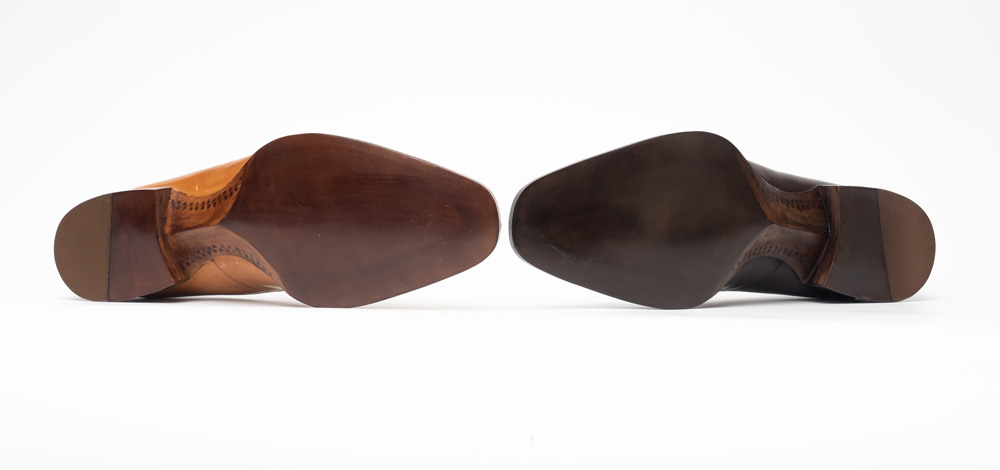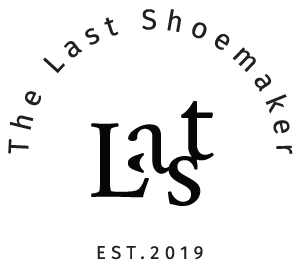What are minimalist shoes?
An essential factor in minimalist shoes is that they must have a low or zero-drop sole. Zero-drop describes a shoe that has almost no cushioning. This adjustment from regular cushioned shoes places the foot's heel at the same height as the ball of the foot, which is the natural position of the foot when standing barefoot. Furthermore, minimalist shoes usually have a wider toe box, allowing the toes to naturally splay out instead of being crushed by the thin toe box in conventional shoes that can cause issues for many people. Reports suggest that minimalist shoes are also beneficial to the nervous system. The thin, light, zero-drop sole allows the muscles and nerves to be activated to a much larger extent than conventional shoes, as conventional shoes tend to be thicker and lead to a decreased nervous response. In recent years, minimalist shoes became popular after the release of Born To Run by Christopher McDougall. The book describes the Tarahumara tribe, of which many of its members can run hundreds of miles without rest and injury. The book compares this tribe to the many modern runners who sustain injuries out of overuse or high impact. But why don't the Tarahumara get injured? The only difference is that they do not wear running shoes. They run barefooted, and from time to time, a thin leather sandal to prevent injury to the skin. A good deal of anecdotal evidence further suggests that barefoot-style minimalist shoes bring about a sense of better balance, more mobility in the feet, better postural and spatial awareness, and less frequent occurrence of ingrown toenails other discomforts.
What are bespoke shoes?
An important aspect that makes genuinely bespoke shoes so desirable and unique is that the customer and manufacturer must undergo thorough communication before any pair of shoes is made. The process of creating a pair of bespoke shoes includes approximately three meetings between the destined wearer and the manufacturer. As mentioned, the first meeting involves a discussion between the manufacturer and the customer. They will discuss things such as design and what type of leather and last to use and take the customer's measurements. This process takes place at a trunk show or The Last Shoemaker headquarters. The second meeting, referred to as "fitting," takes place 5-7 weeks after the first meeting. At this point, the customer can make any necessary adjustments to ensure that the shoe will come out just as it is meant to be – perfectly fitting for all of the customer's needs and requirements. After 12 weeks since the first meeting, the shoes can finally be collected or shipped to the customer. At this point, the manufacturer has all of the measurements and has a model of the customer's foot. This makes it very easy to get the shoe fixed if any problems arise or even to create a new pair if the customer so wishes to—Bespoke, the distilled essence of exclusivity, class, and superb craftsmanship.
Combining the two: Minimalist Footwear, Maximalist Craftsmanship -- The Last Shoemaker
Although reasonably new on the market as it was founded in 2019, the Last Shoemaker has blossomed into a well-established business, finding its roots in the friendship between two individuals as an outpouring of their dedication to manufacturing the best minimalist bespoke footwear in the world. Allan Donnelly and Payson Paxton, the founders of The Last Shoemaker, met in a bespoke shoe last manufacturing workshop where they sought to master their craft in subjects of bespoke shoe manufacturing such as accurate measurements, fitting, and creating the perfect shoe lasts for each customer. Before founding The Last Shoe Maker, Allan Donnelly had already run his own hand-made shoe business for over ten years. Payson Paxton, a former stonemason, runs a shoemaking workshop in York. Combining the skills, knowledge, and experience of these two highly creative individuals has allowed The Last Shoemaker to work outside of the box – to challenge the norms and conformist ways of thinking, ultimately etching their name into the history books as some of the first to ever create bespoke minimalist shoes.
Proving themselves as true pioneers in the field of minimalist bespoke footwear, The Last Shoemaker has successfully created something that has scarcely been seen before – leather shoes with the minimalist features that many in the newly growing barefoot movement have known to love, that is, a wide toe box allowing the toes to naturally splay, great flexibility, and a zero or minimal heel drop. Exhibiting true innovation, The Last Shoemaker can successfully incorporate the age-old methods of bespoke footwear manufacturing with the modern hallmarks of minimalist footwear.


